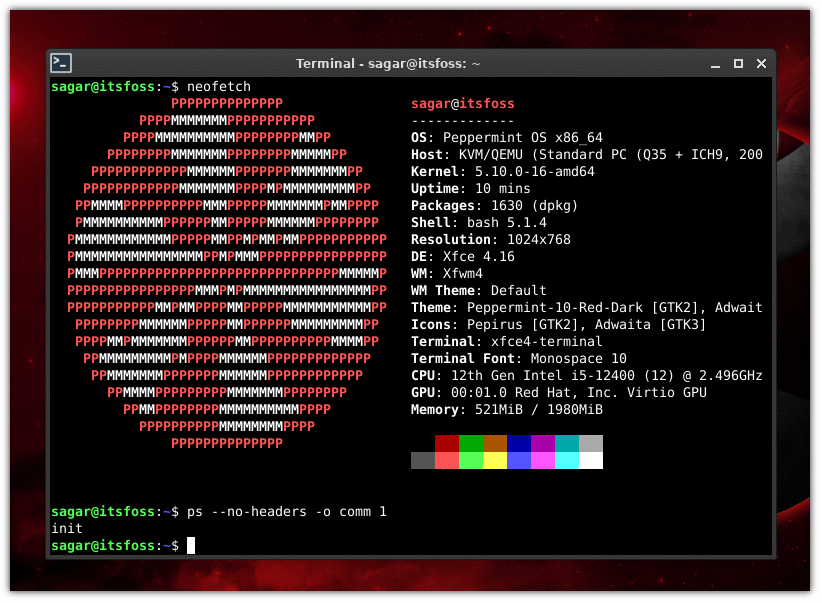
Peppermint OS, one of the most lightweight and flexible Linux distros, is now offering a Devuan-based ISO for advanced users to have more control over their system.
With their release of Peppermint OS 11, they dropped using Ubuntu as the base for Debian to make Peppermint OS more stable and reliable.
Peppermint OS Based on Devuan

So, what is Devuan in the first place?
Devuan is a fork of Debian without systemd, so users can have portability and freedom of choice.
Running a computer with systemd is often debated, which is why we have a list of Systemd-free Linux distros, but only a few of them can provide a polished experience out of the box.
Now, a Devuan-based edition of Peppermint OS should be an exciting addition to the list.
If you want a systemd-free distribution, giving you more freedom on your operating system, this should be a good one to try.
Fret not, the Debian edition of Peppermint OS is here to stay. So, you can expect both Devuan-based and Debian-based ISOs available for use.
Do You Need More Systemd-free Options?
Systemd is an init system (an initialization system). Init system is one of the first programs that start, when you boot your Linux machine, and will run until you’re working with your computer.
But systemd is more than just an init system and contains other software such as logind, networkd, etc., which is used to manage different aspects of the Linux system.
Overall, it evolved into a complex init module. While it made many things easy, it appeared as a bloated solution to some users.
Hence, users started to like options like Devuan. And, Peppermint OS devs are now trying to improvise the experience with Devuan by using it as a base for another edition for desktop users.
Download Devuan-based Peppermint OS
It is an excellent choice for users who are used to systemd-free system.
But, if you have never tried something without systemd, it may not be a wise idea to make a switch unless you know what you’re doing.
- Even the biggest players in the Linux world don't care about desktop Linux users. We do.
- We don't put informational content behind paywall. Your support keeps it open for everyone. Think of it like 'pay it forward'.
- Don't like ads? With the Plus membership, you get an ad-free reading experience.
- When millions of AI-generated content is being published daily, you read and learn from real human Linux users.
- It costs just $2 a month, less than the cost of your favorite burger.
Become a Plus Member today and join over 300 people in supporting our work.









